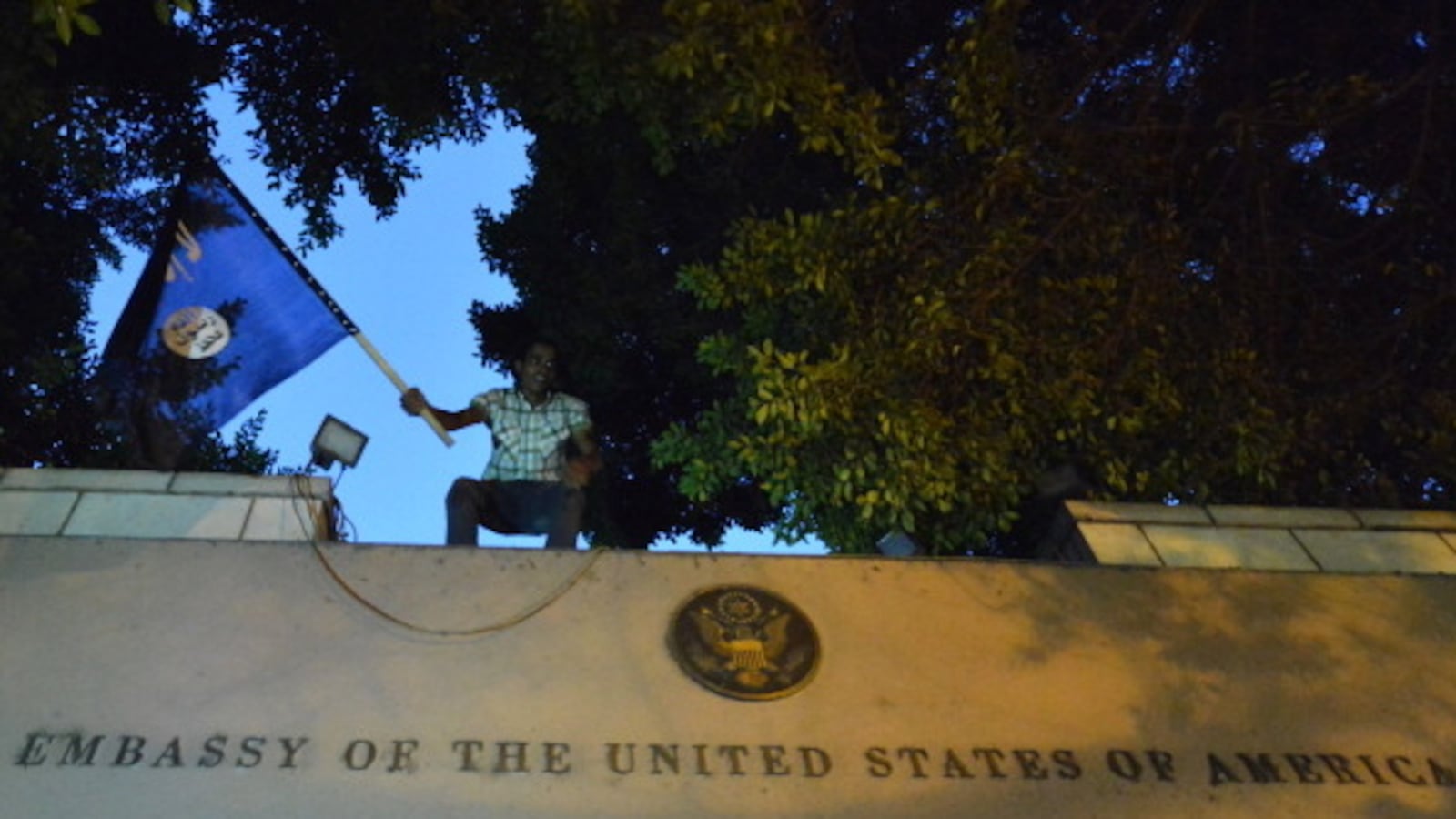When the Arab Spring erupted in Egypt in January 2011, Israel’s cautious response did not play well. Many Israel critics—always quick to see Israel as abandoning democracy—decided that Israel’s worries were about democracy itself. Rather, the concerns were about how this particular series of popular revolts would play out in the Middle East cauldron. Moreover, most American experts and politicians, ignoring decades of ugly anti-Americanism and Islamism on the proverbial "Arab Street," viewed the Arab revolutionaries in Egypt, Tunisia, and elsewhere as the best of Thomas Paine, Lech Walesa, Nelson Mandela and their favorite blogger combined.

Israel’s anxiety then—and today's unhappily confirmed fears—reflected a closer reading of the dynamics within each Arab country and throughout the Muslim universe. American hopes were rooted in a two-centuries-long American belief that the rest of the world wants to replicate their revolution, spiced up with a longstanding romantic view of the Arab world, especially among elites. This came even after the decades-long phenomenon of Arafatian terrorism, Islamist fundamentalism, the rise of Hamas, the trauma of 9/11.
Now, nearly two years after that politically correct euphoria, Americans are burying an ambassador to Libya and three colleagues, defending the embassy in Yemen in nearly hand-to-hand combat, and—surprise, surprise—disappointed by the Muslim Brotherhood-dominated Egyptian government’s tepid response to the rabid mobs menacing the U.S. embassy in Cairo. Meanwhile, Israel has a newly unstable border with the Sinai, an even colder peace with Egypt, and an expanded role as the Middle East scapegoat.
One can fear the Muslim Brotherhood, the spread of Islamism, the ugly, ubiquitous, frequently violent, anti-American and anti-Zionist demagoguery poisoning the Arab world without fearing democracy, or pining away for Hosni Mubarak and Muamaar Qaddafi. Change is frequently difficult and by definition unstable. Things can still shift for the better. But to help facilitate a necessary change in the Middle East, to help Egypt, Libya and other countries evolve into more stable, more democratic, more free, more humane entities, Western policymakers need to be clear-eyed and not romantic, tough without being dogmatic, and far-sighted rather than myopic. I, for one, am still waiting for such leaders to emerge, from any country, from anywhere along the political spectrum.





